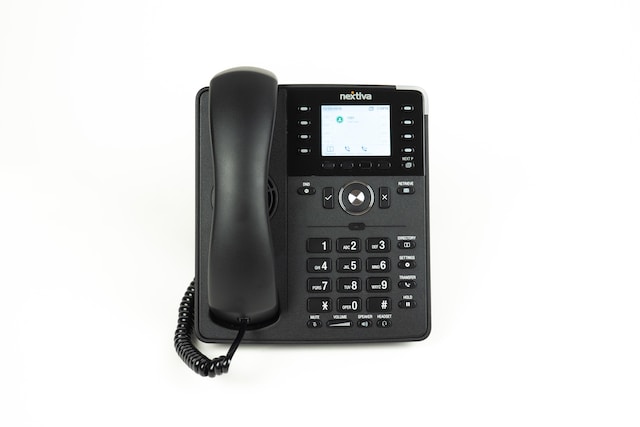VoIP systems like Aircall offer multiple features that make it easy for teams to stay connected. These tools can help businesses improve operational efficiency and boost productivity. Choosing the right business VoIP system starts with understanding teams’ needs and goals. This will allow companies to select a private branch exchange (PBX) that aligns with their long-term business vision.
Automated Attendant
A hosted VoIP system like Ooma can help level the playing field for small businesses by giving them the tools always to be available to customers. Hosted VoIP providers offer an auto-attendant feature that works as a virtual receptionist and can be configured to direct callers to the right department.
This saves time and money by eliminating the need for employees to transfer calls to the right person manually. It also reduces customer frustration when listening to a recorded menu of options. It can also reduce missed calls and reroutes that go to the wrong department. An integrated business VoIP phone service can also give teams access to valuable customer-service data and insights. This data can be logged directly into the CRM and other applications, increasing productivity by saving time from having to enter this information into separate systems manually.

CRM Integration
VoIP technology offers a superior calling experience without the problems associated with traditional phone systems, such as lag and dropped calls. This is due to innovations in faster IP networks and improved audio compression. It also helps that VoIP phones are more cost-effective and flexible than ever, making them a great option for modern businesses of all sizes.
VoIP systems can integrate with CRM platforms, enabling representatives to access pertinent customer information during calls. This streamlines workflow and increases productivity. Ensure your VoIP provider provides high-level security measures, such as encryption and authentication, to keep your data safe. On-premises business VoIP systems require the installation of Private Branch Exchange (PBX) equipment at your office premises. They are expensive upfront and may need regular maintenance. However, a cloud-hosted VoIP system is easy to install and manage and requires minimal upfront costs with a small monthly fee to facilitate call connections.
Mobile Applications
Unlike traditional landlines requiring copper wiring and a PBX system, VoIP uses desktop and mobile apps to make calls, text, and video conference calls. These platforms adapt to your employees’ mobile work habits and allow them to communicate with customers anywhere with a stable internet connection. The latest business VoIP systems offer call transcription, which turns your company’s calls into data sets that can be analyzed to glean all sorts of insights. For example, you can use customer sentiment and sales coaching data to improve your team’s performance.

Scalability
Business VoIP systems provide greater scalability than traditional phone solutions. This means businesses can easily add users and features to the system without investing in new hardware or paying expensive long-distance fees. Additionally, VoIP uses the internet to reduce call costs, saving companies money compared to traditional telephone services.
In addition, VoIP provides users with more flexibility through its mobile applications and softphones that can be used on a computer or smartphone. Employees can stay connected with customers and colleagues regardless of location. This makes it easier for them to work from home during the pandemic or meet with clients remotely without traveling and risking their health.



































